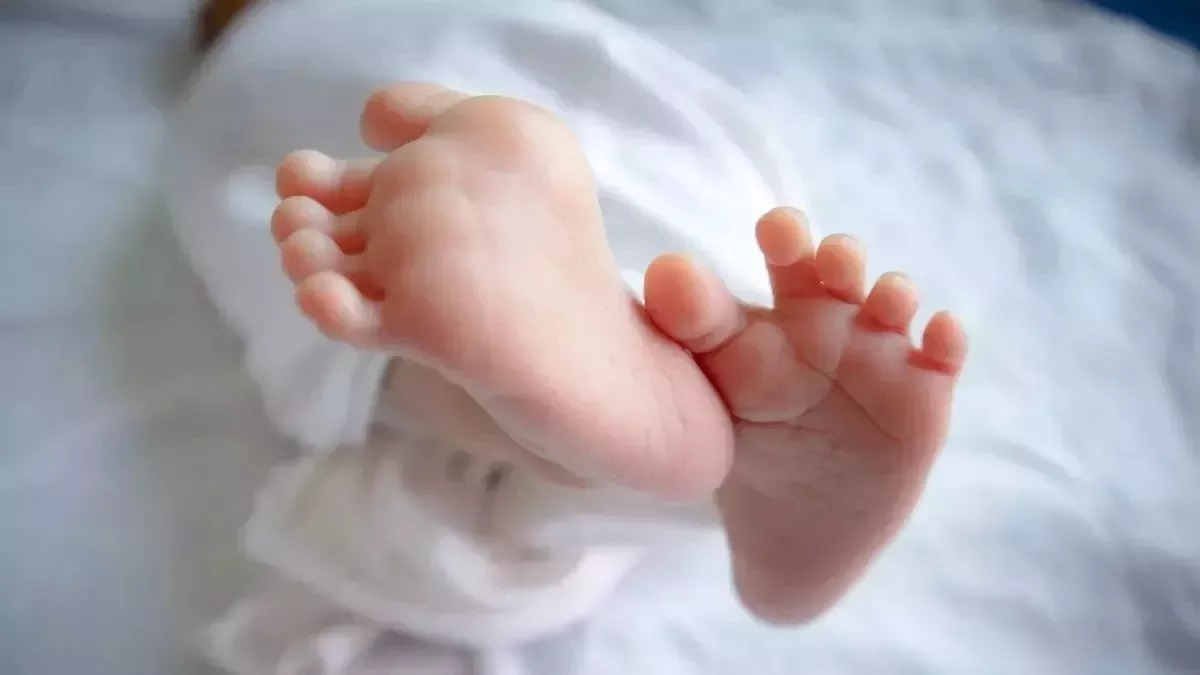
In Karelia, Russia, female students under the age of 25 have been offered 100,000 rubles (about Rs 81,000) for giving birth to a healthy child.
According to The Moscow Times report, this policy has been implemented to improve the country's falling birth rate. This scheme is effective from January 1. Only those women will be eligible who are regular students in a local university or college, are under 25 years of age and are residents of Karelia.
The law clearly states that the bonus will not be paid to mothers who give birth to a stillborn child. However, it is not clear whether the payment will be canceled if the child dies due to Sudden Infant Death Syndrome.
Furthermore, the policy does not specify whether young mothers who give birth to children with disabilities are eligible for the payment, nor whether they will receive an additional bonus payment to help with the costs of child care and postpartum recovery.
Such arrangements are applicable in other regions of Russia as well
Other regions in Russia are also implementing similar incentives to encourage young women to have children. A similar program is underway in Tomsk, a city in central Russia. In total, at least 11 regional governments in Russia are reportedly offering financial incentives to female students who give birth.
The national government has also increased maternity payments. From 2025, first-time mothers will receive 677,000 rubles (about $6,150), up from last year's amount of 630,400 rubles. Additionally, mothers giving birth to a second child will receive 894,000 rubles (about $8,130), up from 833,000 rubles in 2024.
Decreasing population becomes a cause of concern
Notably, Russia's population is declining due to low birth rates, high adult mortality rates and emigration. The situation is further worsened by the war in Ukraine, which has resulted in huge casualties and a massive exodus of citizens abroad.
The Russian government is trying to increase the birth rate through a variety of measures, including cash incentives and housing assistance.
However, these efforts have had limited success and the birth rate remains low. Government policies have also been criticised for being short-sighted and failing to address the underlying issues fuelling the demographic crisis.
--Advertisement--

 Share
Share



